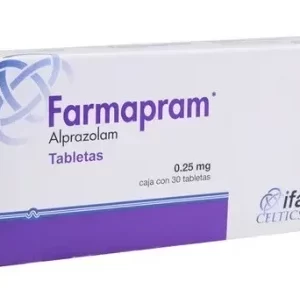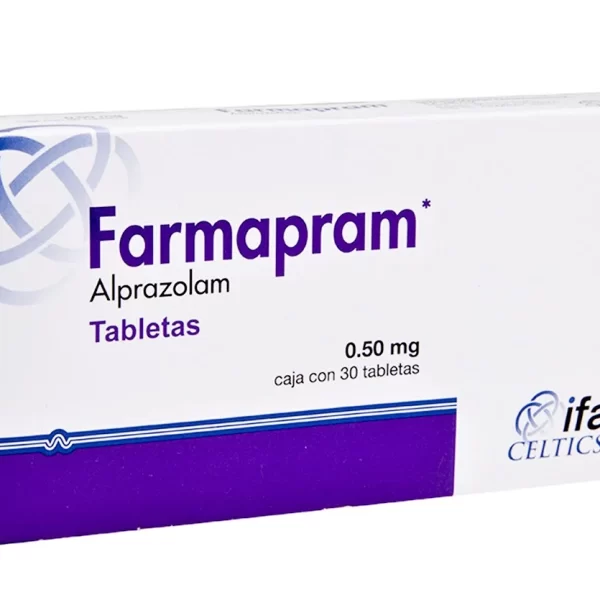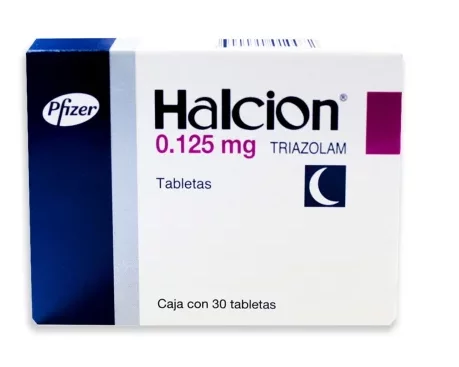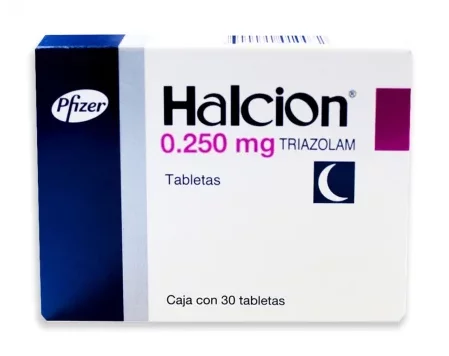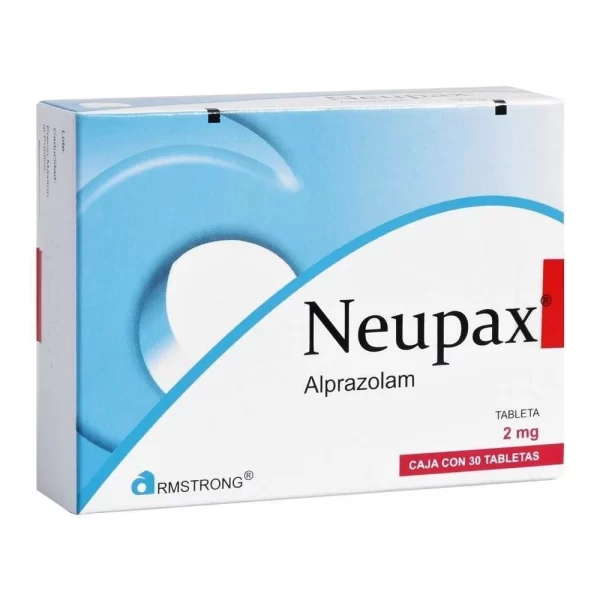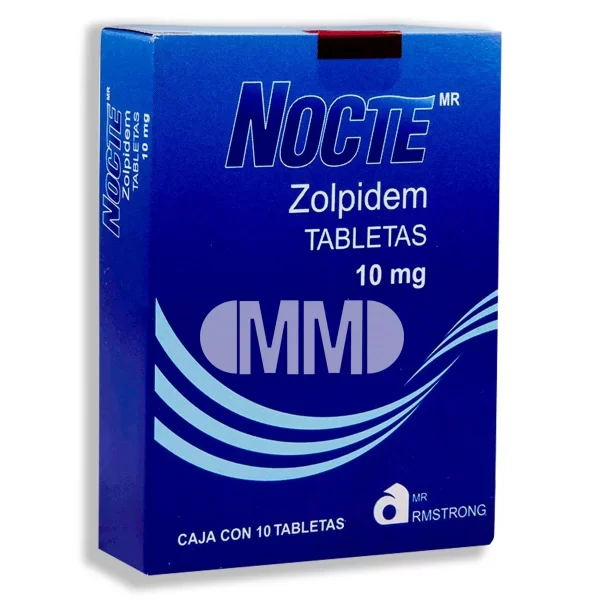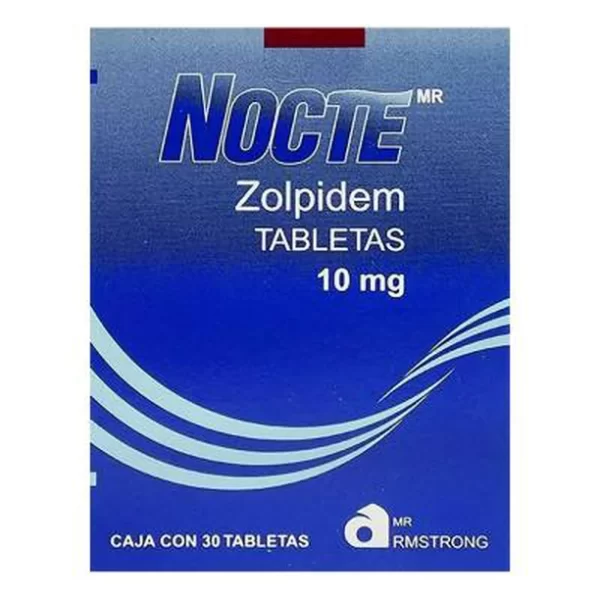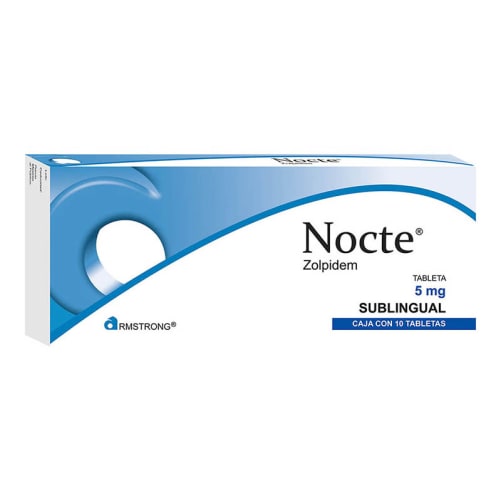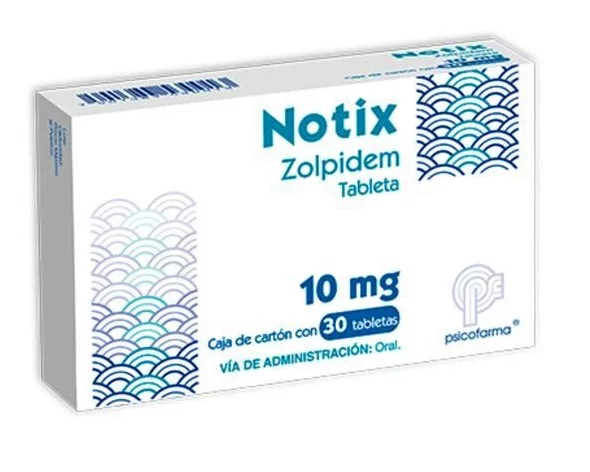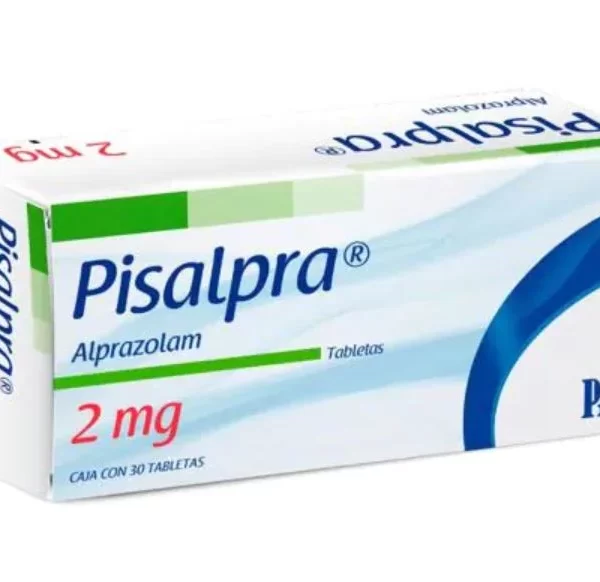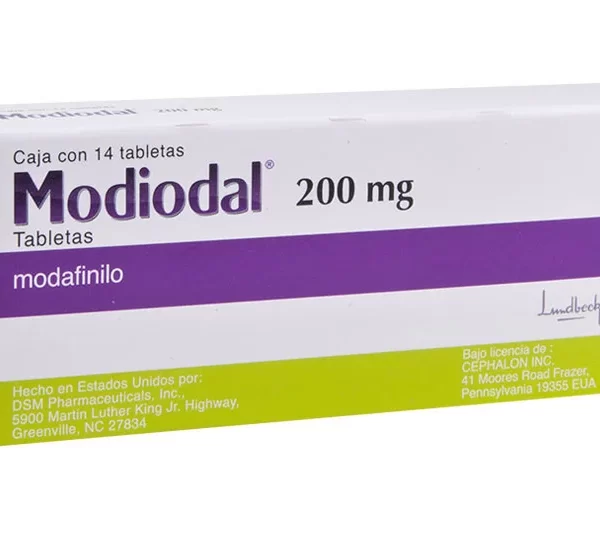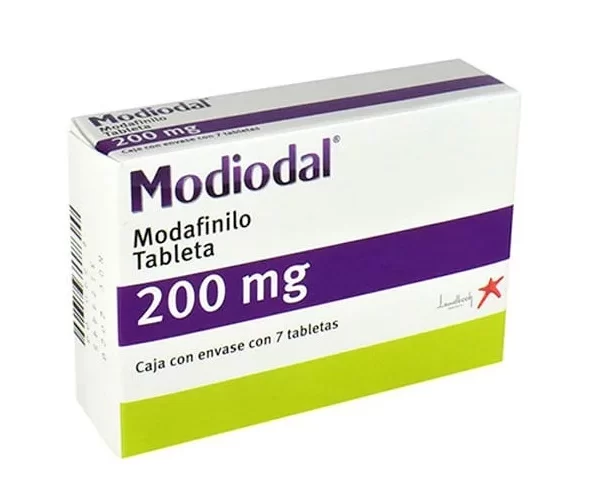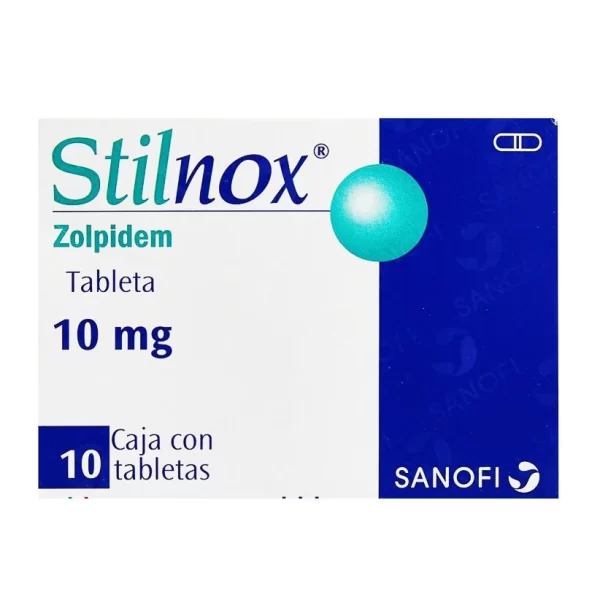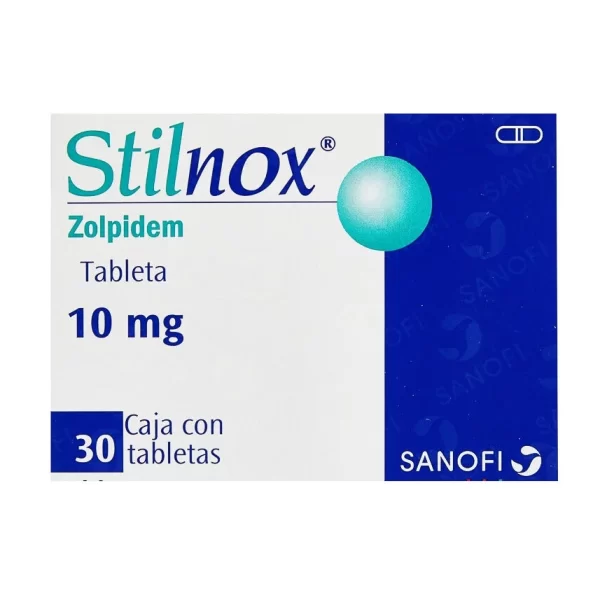Sleeping pills
People who are healthy can nonetheless struggle with the issue of biorhythm disruptions, which can result in exhaustion, a drop in performance, and irritability. In these kinds of circumstances, there is no requirement for strong medication. Patients can benefit from safe and effective over-the-counter sleep aids, which help them fall asleep quickly and have restful sleep.
Reasons that indicate the need to take medication for quality sleep are such symptoms:
- increased anxiety, constant stress;
- sleep disorders, insomnia caused by external circumstances;
- autonomic dysfunctions;
- neurotic conditions.
The next step is to consider what to drink before bed to help you go asleep, as well as what over-the-counter sleeping aids are safe and won't leave you dependent on them.
What is the safest sleeping pill for the elderly?
Medication for sleep disturbances is only recommended for older patients who have experienced insomnia for an extended period of time. A short-term case of insomnia does not call for treatment with medicines. In these kinds of situations, sleep aids made from natural ingredients that are safe to use are sometimes given. OTC sleep aids that are derived from plants can be purchased at the pharmacy, and they cause negative effects only very infrequently.
Not only do herbal remedies affect one's ability to get to sleep, but they also modify how one's nervous system functions. In addition to hawthorn, St. John's wort, hops, melissa, valerian, and elderberry, these products also include a variety of other medicinal plants. Drugs have the ability to immediately relax the nervous system, hasten the onset of sleep without causing additional awakenings during the night, promote calmness, alleviate anxiety, and normalize an individual's general emotional state. You should use them for training in accordance with the guidelines found in the instructions. There is a possibility, albeit a remote one, that you will experience drowsiness, along with a minor loss of attention.
When prescribing sleeping pills for the elderly, a number of factors are taken into account:
- reduced metabolic rate (the drug takes longer to be eliminated from the body);
- decreased cognitive function;
- comorbidities;
- side effects of sleeping pills;
- taking other medications.
Because they make breathing issues worse, barbiturates and tranquilizers are medications that should be avoided by people who have apnea. Sleeping pills containing benzodiazepines are sometimes prescribed to patients who are also taking medications from the following categories:
- hypotensive drugs;
- cardiac glycosides;
- antidiabetic drugs;
- anticoagulants;
- macrolides.
Important: Older people with dementia are not prescribed regular sleeping pills. Even the most advanced hypnotics cause such patients to have the opposite effect (insomnia and motor excitement). Neuroleptics are prescribed to treat insomnia in dementia.
When treating with drugs for insomnia for the elderly, the following rules are adhered to:
- Prescribing the minimum effective dosage
- A short course of treatment (3-4 weeks)
- Gradual withdrawal of medications
- Use of medication no more than 3 times a week
- Supervision of the patient during treatment
- Preference is given to the hypnotics of the new generation - cyclopyrrolone derivatives. The drugs act quickly, have a short half-life, and are well tolerated by the elderly
How long does it take for sleeping pills to work?
Because the majority of drugs are in tablet form, they must first be broken down by the digestive system before being absorbed into the bloodstream. Because of this, the effect won't happen any sooner than 20 or 30 minutes later at the earliest. You might have to wait for up to an hour in certain circumstances. The amount of time spent sleeping ranges anywhere from three to ten hours, depending on the medication.
How long do sleeping pills stay in your system?
Separately, there are groups of sleeping pills with different duration of action:
Short (3-4 hours). Drugs suppress only stimuli, without affecting the receptors. As a result, the natural inhibition of the nervous system begins, and the person falls asleep. Sleeping pills on the basis of herbs possess such action.
Medium (5-8 hours). Medications of this group not only eliminate the stimuli but also start the inhibition of the CNS. This leads to a longer exposure time and eliminates spontaneous awakenings.
Prolonged (8-10 hours). Medications strongly inhibit the nervous system, so they help with serious sleep disorders. They eliminate early and nocturnal awakenings.

Benzodiazepines for insomnia
This is the class of sleeping medicines that is the most often used. An increase in the inhibitory impact of GABA (gamma-aminobutyric acid) and a specific effect that sleeping pills have on benzodiazepine receptors in the brain are responsible for the sedative effects of these medications. In comparison to barbiturates, they are more tolerable, have a higher level of efficacy, and produce a smaller number of adverse effects. The potential for daytime drowsiness and relaxation of muscular tone is a drawback of this medication. As a result of continued use, addiction can develop, and as a result, it is essential to raise the dose in order to get the desired effect of falling asleep.The most common sleeping pills of the benzodiazepine group:
- Nitrazepam (Radedorm, Eunoctin, Nitram). Causes sleep in 30-40 minutes after intake, lasting up to 8 hours. One of the most effective drugs of its group. In addition to restoring sleep, it is used for anxiety states, epilepsy, withdrawal state caused by dependence on alcohol and drugs.
- Flunitrazepam (Rohypnol, Somnubene). Differs from Nitrazepam with quicker onset of effect and better tolerability due to less inhibitory effect the day after ingestion.
- Flurazepam. Distinguished by its longer-lasting sedative action, sleep can be as long as 24 hours.
- Brotizolam (Landormin). Characterized by good tolerability and short action, the sleep induced by taking the drug reaches only a few hours. The drug is recommended for sleep disorders in which the process of falling asleep and the initial phase of sleep are disturbed.
- Midazolam (Dormicum, Fulced). This drug is characterized by a very strong, but a short-lived sleeping pill. It is used only under the direct supervision of a doctor in a hospital.
Nootropic drugs that have a sedative effect
Glycine. The medicine is excellent for treating insomnia that is brought on by neurotic reactions, the effects of poisoning, and trauma to the nervous system because it improves the processes of inhibition in the brain and encourages the beginning of the sleep cycle. Acid aminophenyl butyric (also known as phenibut). Is a nootropic drug that normalizes the inhibitory processes in the nervous system while also improving neuronal nourishment. Improves sleep in borderline mental diseases: neurosis, anxiety and depression, personality disorders.Antidepressants with sleeping pills
Sleep disturbances, frequent and early awakenings, and an overall lack of the desire to rush out of bed are all symptoms that can accompany sadness when a depressed mood is present. There are a number of antidepressant treatments that, in addition to normalizing mood, have a restorative effect on sleep that is disrupted, including the following:
- Mianserin (Lerivon)
- Mirtazapine (Remeron)
- Agomelatine (Valdoxan)
In spite of the fact that there are many different kinds, each sleeping pill has its own particulars, indications, and side effects. Because each individual is unique, only a medical professional can identify which sleep aid will work best for them.
Where to buy effective drugs for insomnia with home delivery?
At least one of us struggled with sleeplessness or insomnia due to the myriad of reasons. This horrible feeling, which includes nervous overexcitation as well as anxiety, stops one from sleeping. As a consequence of this, normal activities, including physical activities, are disrupted, and symptoms such as dizziness, irritation, and weakness are experienced. Insomnia can be an episodic condition, but it also has the potential to be a nightly tormentor. When operating in this mode, it is simple to have feelings of depression, to have a nervous breakdown, or to get too exhausted. One of the potential causes of insomnia is stress, but illness can also be a factor. It is best to check in with your physician first before placing an order for medicine to treat sleeplessness. If you have already determined the source of your sleeplessness and your physician has suggested treatment for it, then we recommend that you choose solutions for insomnia that are both effective and affordable. Types of drugs for insomnia Drugs for insomnia are divided into several varieties depending on their purpose:- Antihistamines
- Sedatives
- Tranquilizers
- In severe cases of insomnia, barbiturates are prescribed in some cases, which are available only by prescription. You should know that these drugs can cause severe side effects, as they affect the central nervous system.
- Tranquilizers are less toxic and less likely to be addictive, but there are also side effects.
- Preparations for insomnia, which contain melatonin contribute to fast sleep, while in the morning there is no severity and feeling of weakness. Also have a positive effect on emotional state.
- Homeopathic and herbal remedies are mild and rarely cause side effects, but may be ineffective in cases of moderate or severe insomnia.
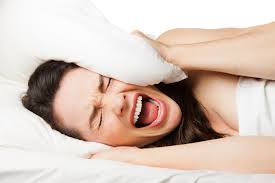
Buying a drug for insomnia can be inexpensive and profitable.
If there are no pharmacies in close proximity to your residence, if you have limited possibilities to travel to the nearest point, or if the cost of the drugs may not be suitable for you, then we recommend that you use our easy online Mexican pharmacy, Relief Meds Store, which presents the most popular drugs for the treatment of insomnia. Our internet catalog is always being updated with new medications; all you need to do is select the required medications and place your order. Everyone can come here to get powerful drugs at a low price, and they won't even have to leave their homes to wait for their orders. We have incorporated the most popular and user-friendly methods of monetary exchange into our system. Following the completion of the registration process, the delivery of your order can take anywhere from ten to thirty business days (depending on the distance traveled and the kind of delivery service chosen). You are able to monitor the progress of your shipment by visiting the websites of the United States Postal Service, Correos de Mexico, or any other courier service that we may use to transport your package. In order to acquire some medications for insomnia, you might be required to fill out a prescription, which is something that can be done through our online pharmacy. We took measures to ensure that the service was as user-friendly and uncomplicated as was humanly possible. There is no longer a need for you to search for a pharmacy in your city that carries the appropriate prescriptions for insomnia because we can provide you with those medications. There is no need for you to stand in line and pay a significant sum that blows a hole in your finances and prevents you from spending money on enjoyable activities or possessions. You may now get both branded and generic drugs at prices that are more reasonable, and you can get them whenever it is most convenient for you during the day.Natural and Effective Sleep Aids
Do you find it difficult to fall asleep during typical nights, and by the time you do start to feel drowsy, it is already the wee hours of the morning? What about being awakened in the middle of the night and finding that you are unable to fall back asleep for several hours? It must be quite challenging to go through the night without getting enough rest, right? Because of this, you won't have the strength and vitality you need to get your day off to a good start. This makes you feel tired at work or school, which is not a good thing. This condition, which is more widely known as insomnia, affects the majority of people at some point in their lives. People who suffer from this sleeping difficulty are said to have a disorder that makes it difficult for them to fall asleep or return to sleep after waking up, despite the fact that they have been fatigued all day long. That regardless of how hard they try to fall asleep, their eyes still don't seem to close and their body doesn't seem to stop working for a short period of time even when they are exhausted. Before they may fall into a restful state of sleep, they must first spend a number of restless hours turning and turning in bed. If you suffer from insomnia, you should make an appointment with your primary care physician as soon as possible. If you want to have a normal sleep and if you want to have a robust body and mind during the daytime, you need to consult your doctor about the best sleep aid for insomnia so that you can have a good night's rest. Where do you go to fill the sleep aid prescription that your physician has given you for your chronic case of insomnia? Is there a reputable pharmacy in your neighborhood from which you can purchase sleep aids that are both risk-free and cost-effective? Choose Relief Meds Store if you are seeking for the most trusted and trustworthy pharmacy, one in which all of your meds for insomnia are always readily available and can be purchased at the most discounted costs. The Relief Meds Store is an online Mexican pharmacy that offers a wide variety of painkillers, anti-inflammatories, and other drugs to treat a wide variety of illnesses. They have the potential to be your most reliable and trustworthy partner in supplying you with your sleep help. They have a large selection of medications available in their online pharmacy, and the only thing that is required of you is to fill out your prescription and then make a few clicks to get to the medications that you want. They will now be responsible for delivering your requested medications at the time that you have set for them to do so.The Convenience of Online Shopping at Relief Meds Store
Getting in line in a store or restaurant is probably something you are used to doing. For example, you are required to purchase prescribed medications from a pharmacy; nevertheless, you are aware that, as is customary, there is a first come, first serve basis, correct? If there are a lot of people who arrived before you and you have to wait in line for a long time, how are you going to be able to get the medications you require as soon as possible? Are you going to hunt for another drugstore in the area? Because of the amount of time that would be required, I highly doubt that it is. As a result of this, the vast majority of people in every region of the world in the modern day look for the pharmacy that is able to offer them with the medicines that they urgently require right away. In particular, they select Relief Meds Store because it is a reliable pharmacy that provides consistently positive experiences for its clients. them service is reliable and effective regardless of the type of medication or the time of day that you require it, making them rapid delivery the most dependable option available. They ensure that you get the most out of your order and that your medications are safe and effective for your own advantage and purpose since, at Relief Meds Store, the availability and affordability of their medicines for the common people is the top most priority, both now and in the future. They ensure that you get the most out of your order and that your medicines are safe and effective for your own benefit and purpose. In the event you’re not interested in sleeping disorders pills, we also have other relief meds such as: anticonvulsant drugs, other drugs, dermatology medications, muscle relaxers pills, pain medicines, weight loss pills and anxiety medications.
In the event you’re not interested in sleeping disorders pills, we also have other relief meds such as: anticonvulsant drugs, other drugs, dermatology medications, muscle relaxers pills, pain medicines, weight loss pills and anxiety medications. 
